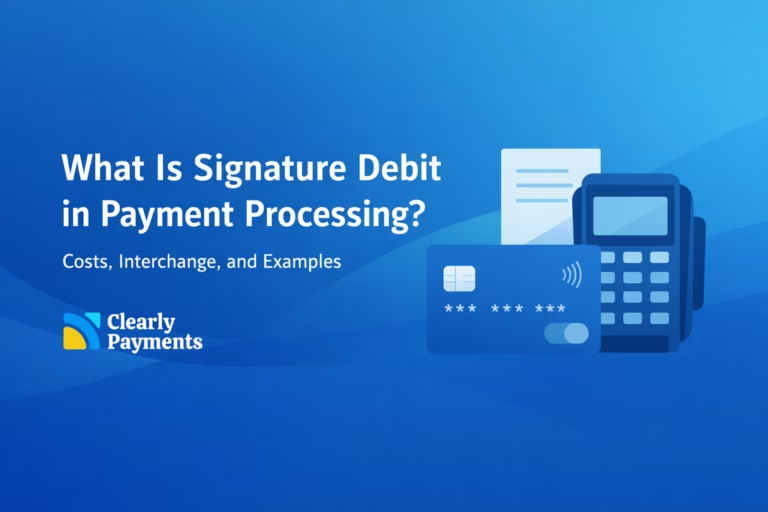
Maintained to reflect market changes, statistics, network rules, pricing structures, and prevailing cost dynamics.

Signature debit sits in a confusing middle ground between debit and credit. For merchants, it looks like a card payment, settles like a credit card transaction, and is priced very differently from domestic debit. Understanding how it works matters because it can affect processing costs, especially for U.S. cardholders. What
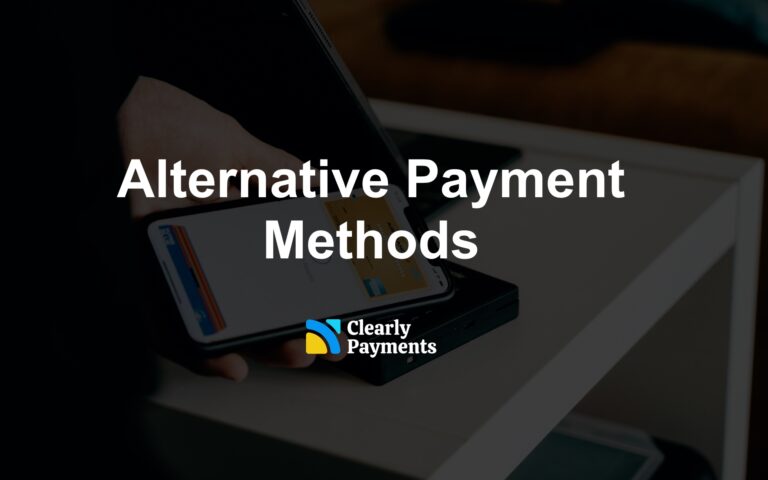
Alternative Payment Methods (APMs) have become a big part of today’s evolving fintech landscape, as consumers seek faster, more convenient, and secure ways to pay.

For merchants, declined credit card transactions are frustrating. This article explores the most common reasons credit cards are declined and provides estimated statistics for each,

With over 79% of consumers using credit or debit cards for transactions, businesses that do not accept cards risk losing significant sales. This article will
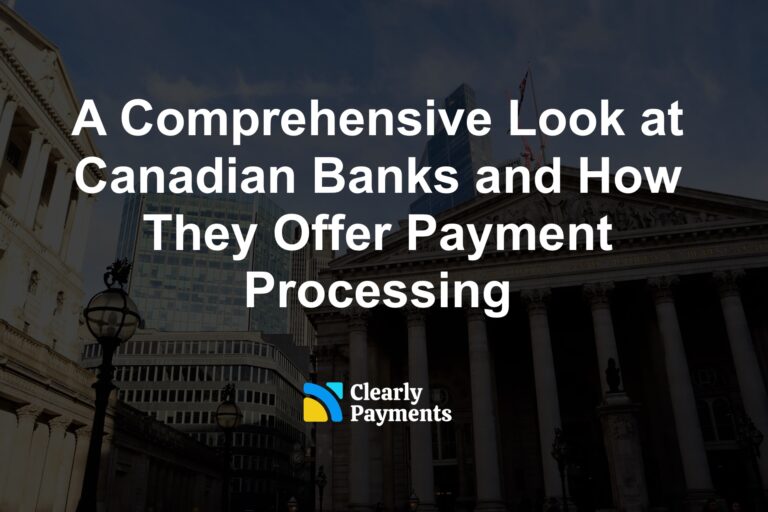
Some banks have chosen to develop their own in-house payment processing systems, delivering end-to-end services directly to their customers. Other banks have formed strategic partnerships
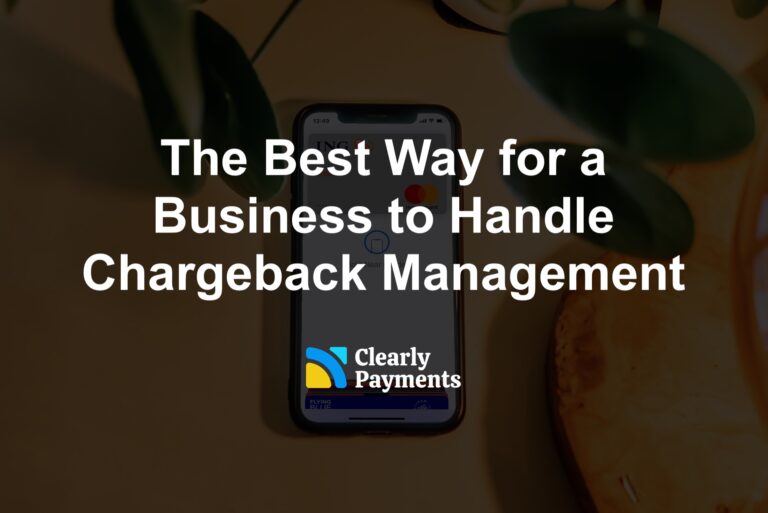
Chargebacks, while essential for consumer protection, can pose significant challenges to businesses. Mishandling chargebacks leads to financial losses, reputational harm, and can jeopardize your ability
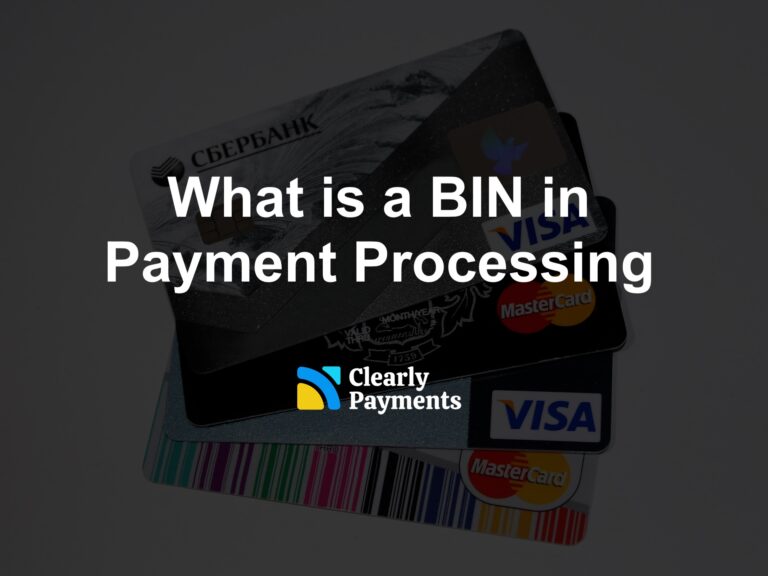
In payment processing, one component of the payment processing tech stack involving credit or debit cards is the Bank Identification Number or BIN. Although BINs
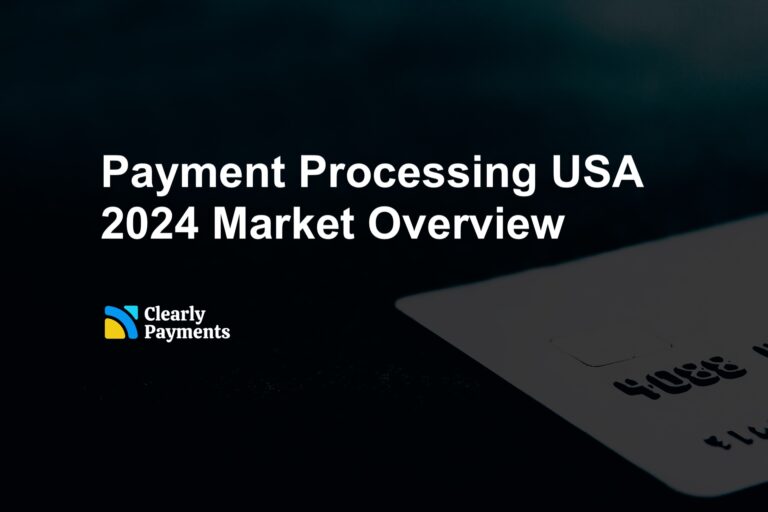
The payment processing market in the United States has demonstrated robust growth, driven by rising consumer demand for digital payments, advancements in financial technology, and
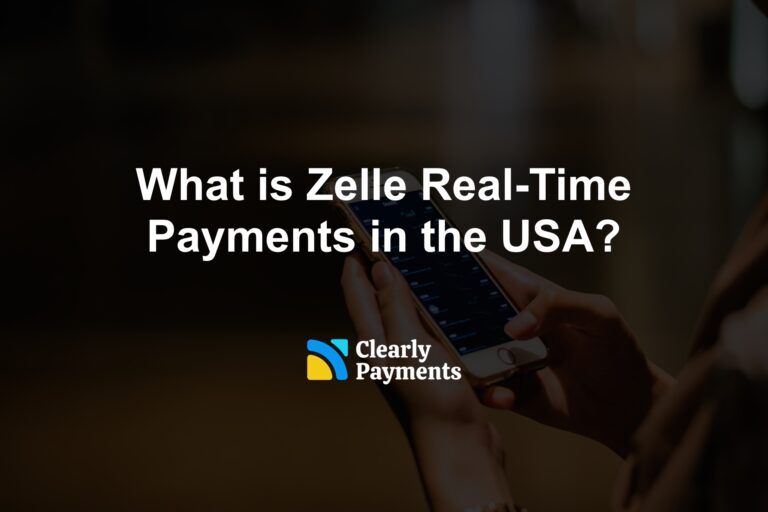
Zelle is a fast, convenient way for people in the United States to send and receive money almost instantly, known as a real-time payment service
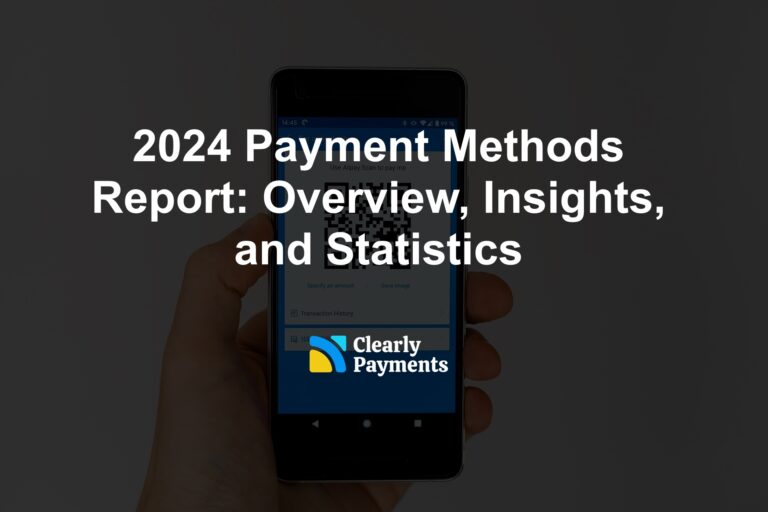
The economy today is tech-driven and payment methods are a key part of that paradigm. From traditional options like credit cards to emerging solutions such
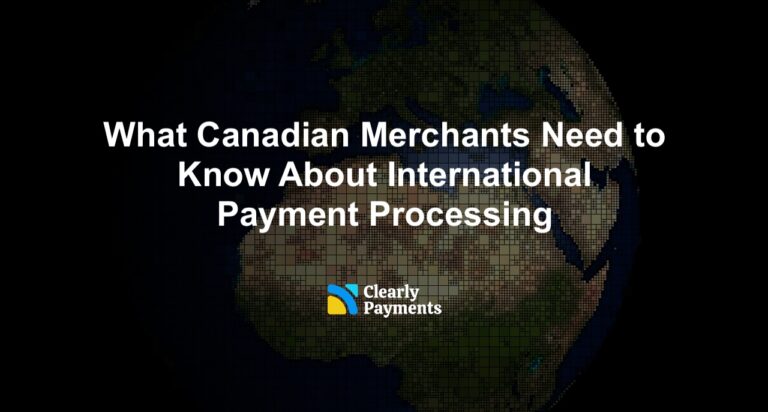
As Canadian businesses look to expand internationally, one crucial component of successful growth is handling cross-border payments smoothly and efficiently. Selling products and services internationally
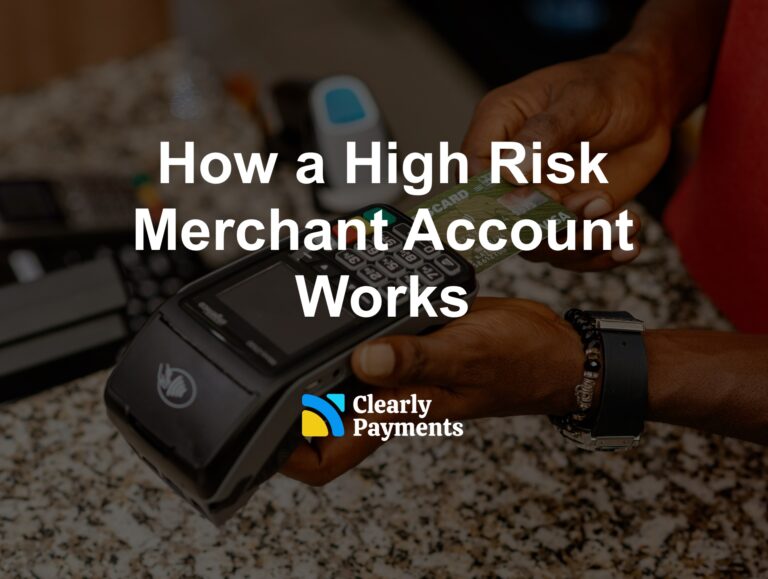
When running a business, accepting payments is a must, but for some industries, it isn’t as simple as swiping a card. Some businesses are labeled

As a merchant, understanding how a PIN (Personal Identification Number) works with credit and debit card transactions is essential for running a secure and efficient
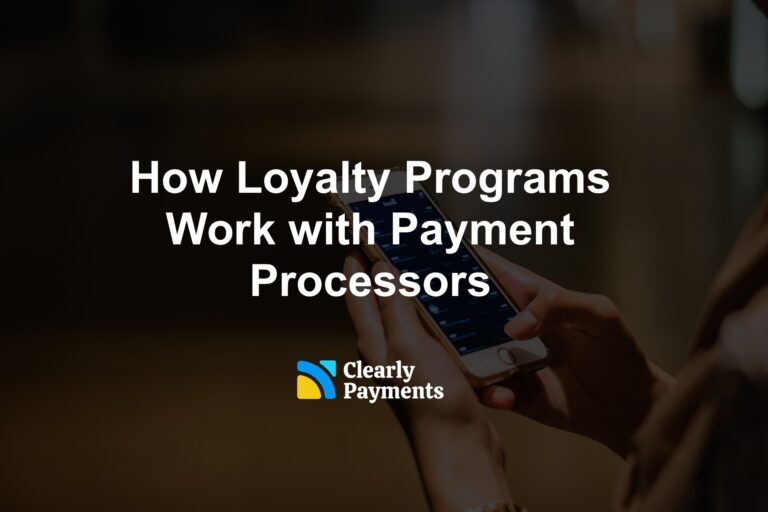
Loyalty programs have become an integral part of shopping, offering businesses a way to build stronger customer relationships, increase retention, and drive sales. Loyalty programs can
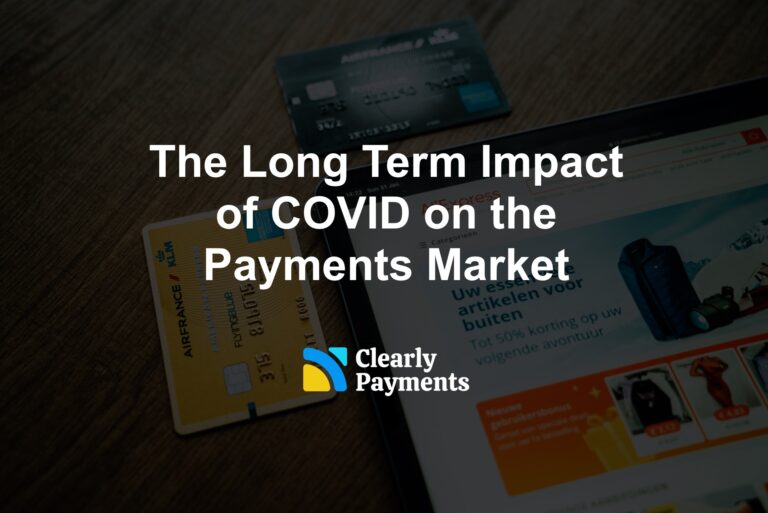
The COVID-19 pandemic has reshaped the payment processing industry, which has undergone rapid transformation in response to the challenges of the pandemic. In 2024, it
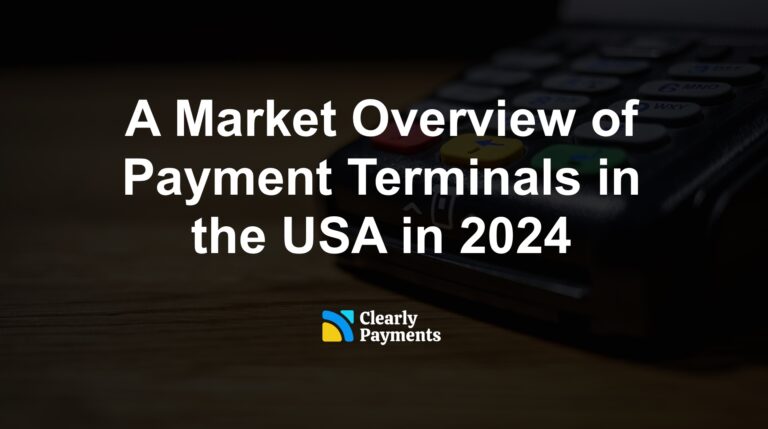
Payment terminals, often referred to as point-of-sale (POS) terminals or credit card machines, are devices that enable businesses to accept electronic payments from customers. There
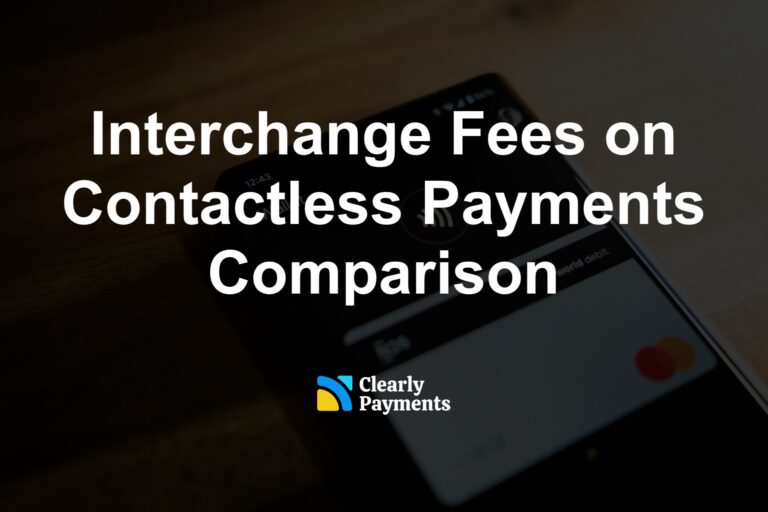
The main cost for merchants to accept credit cards is the interchange fee, a fee paid by merchants to the card-issuing bank each time a
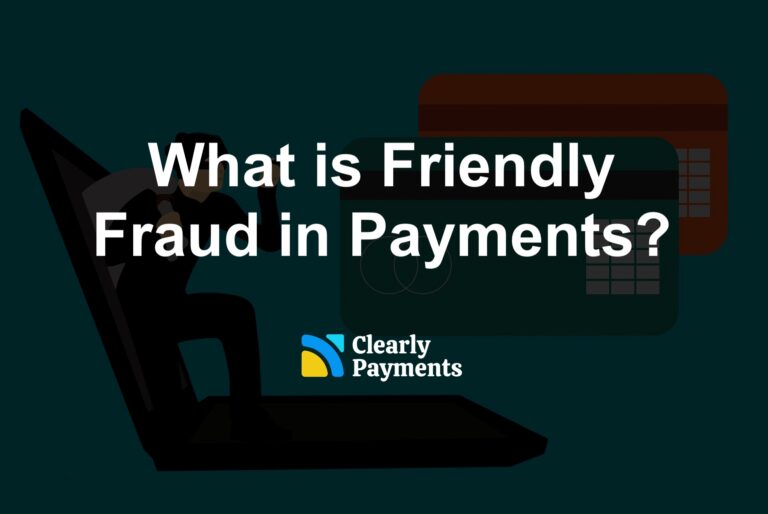
In payments, fraud impacts both businesses and consumers. It can be painful. Among the various types of fraud, “friendly fraud” is rather challenging. Despite its
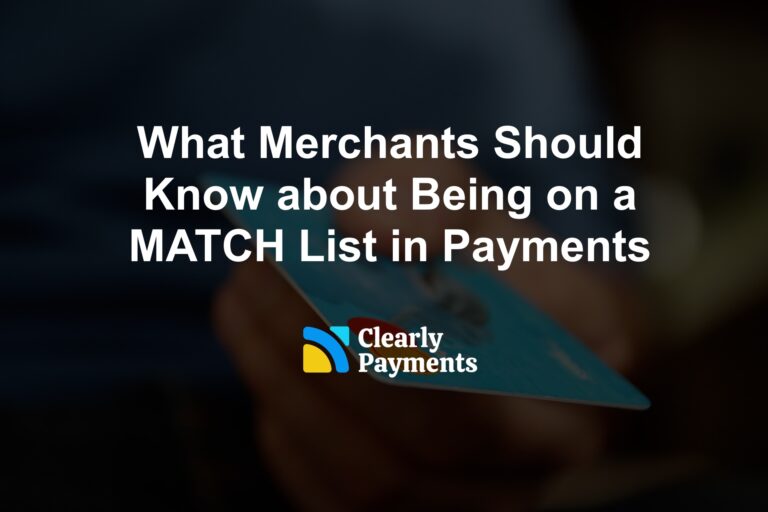
If you’re a merchant, getting on the MATCH list can feel like hitting a brick wall when it comes to processing payments. In this article,

If your business accepts credit cards, chargebacks are a part of doing business. Chargebacks can impact your business’s revenue, reputation, and customer relationships. With rising
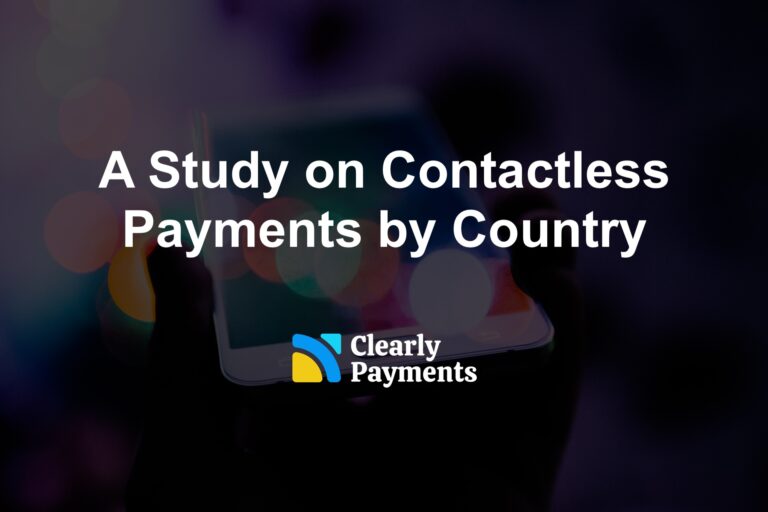
Contactless payments market has been growing quickly. As digital infrastructure continues to advance, the ease and speed of contactless transactions are becoming increasingly attractive to consumers
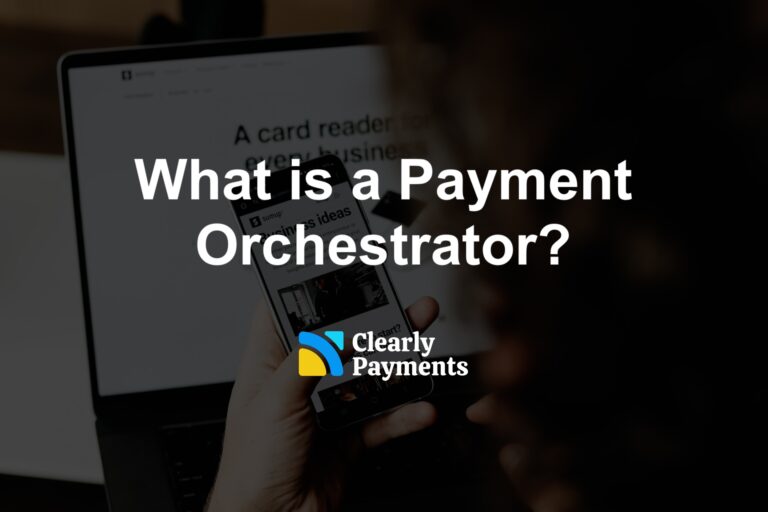
A Payment Orchestrator is a service that enables businesses to manage and optimize their payment processing by connecting to multiple payment providers and processors through